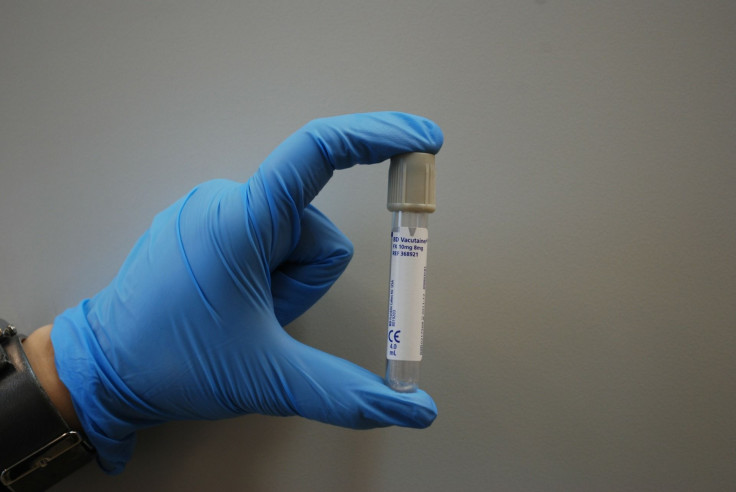New Prostate Cancer Diagnosis Test Can 'Smell' Cancer In Urine Sample

Prostate cancer, after skin cancer, is the most common cancer among men. Early diagnosis is key in effectively treating the condition, so researchers are always trying new methods of identifying prostate cancer at its earliest stages.
A research team from the University of Liverpool has taken an important step in this direction, creating a new diagnostic test for prostate cancer that could potentially eliminate the need for the invasive diagnostic procedures men currently undergo. In collaboration with the University of West England’s (UWE) Urological Institute team at Southmead Hospital and Bristol Royal Infirmary, researchers tested the effectiveness of their urine test in diagnosing urological cancers and found it is successful in classifying them. The pilot study included 155 men with either prostate cancer, bladder cancer, or haematuria without cancer.
“There is an urgent need to identify these cancers at an earlier stage when they are more treatable as the earlier a person is diagnosed the better,” said Professor Chris Probert, from the University of Liverpool’s Institute of Translational medicine and leader of the study, in a press release.
Probert teamed up with UWE Bristol while he was working at Bristol as a gastroenterologist. A research team led by Probert and Professor Norman Radcliffe at UWE Bristol developed a chromatography sensor system called Odoreader, which tested urine samples through algorithms.
“After further testing the next step is to take this technology and put it into a user-friendly format,” Probert said. “With help from industry partners we will be able to further develop the Odoreader, which will enable it to be used where it is needed most; at a patient’s bedside, in a doctor’s surgery, in a clinic of Walk In Centre, providing fast, inexpensive, accurate results.”
Professor Norman Ratcliffe explained that there is currently no accurate test for prostate cancer, and that Prostate-specific antigen (PSA) test indicators are vague, and can sometimes result in unnecessary biopsies. These can take a psychological toll on patients, who also risk infection from the procedure.
“Our aim is to create a test that avoids this procedure at initial diagnosis by detecting cancer in a non-invasive way by smelling the disease in men’s urine,” he said.
The Odoreader uses a column that enables the different compounds in urine to travel at different rates, thus allowing the sample to spread into a readable format. Then, the data is translated into an algorithm that allows detection of cancer from the patterns represented. The positioning of the prostate gland gives the urine a different algorithm if cancer is present.
“If this test succeeds at full medical trial it will revolutionize diagnostics,” said Mr. Raj Prasad, Consultant Urologist at Southmead Hospital, North Bristol NHS Trust. “Even with detailed template biopsies there is a risk that we may fail to detect prostate cancer in some cases…An accurate urine test would mean that many men who currently undergo prostate biopsy may not need to do so.”
Source: Aggio R, de Lacy Costello B, White P, Khalid T, Ratcliffe N, Persad R, et al. The use of gas chromatography-sensor system combined with advanced statistical methods, towards the diagnosis of urological malignancies. Journal of Breath Research. 2016.
Published by Medicaldaily.com



























